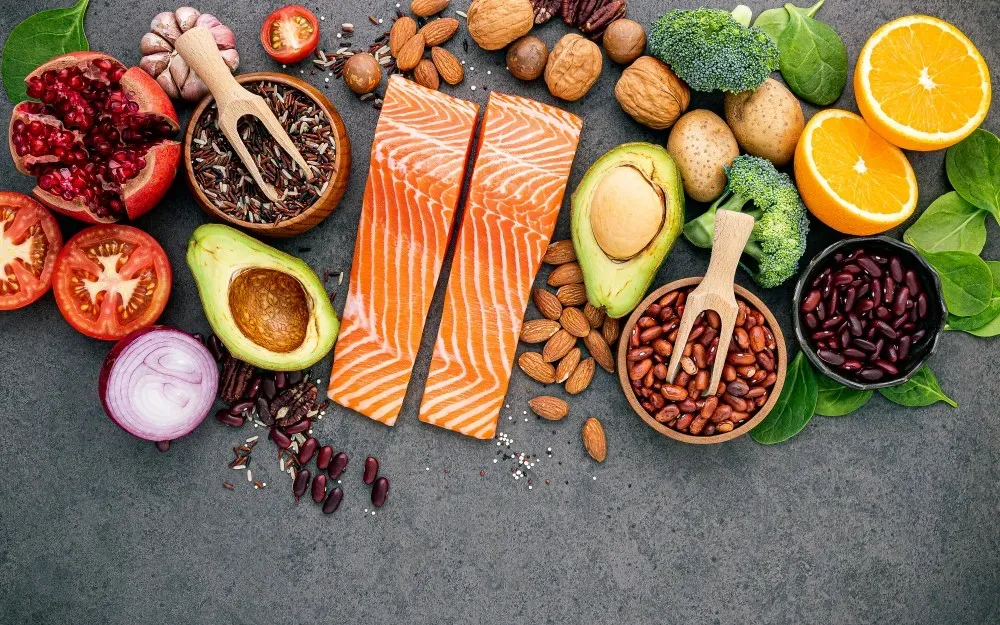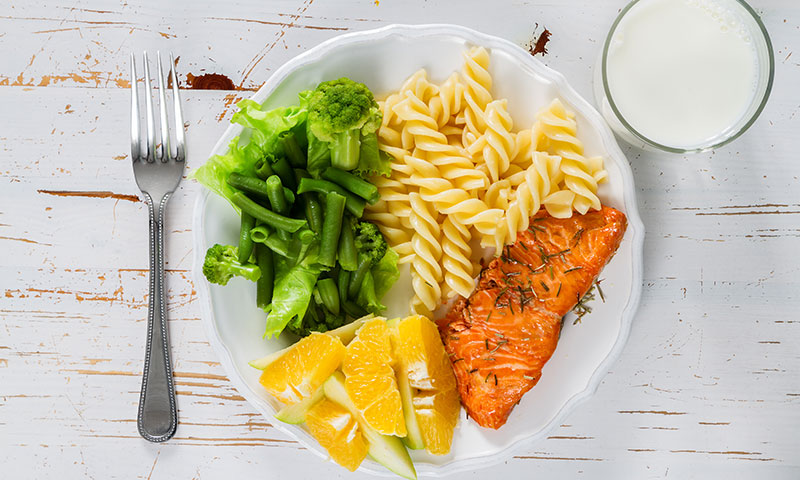Making the switch to a healthier lifestyle often feels overwhelming, especially when it’s associated with strict diets and cutting out favorite foods. But healthy living doesn’t have to mean sacrifice or deprivation. With the right approach, you can improve your nutrition, boost your energy, and develop habits that last, without feeling like you’re missing out. The key lies in balance, mindful choices, and small, sustainable changes rather than drastic overhauls. In this guide, we’ll explore practical tips to help you transition to a healthier lifestyle while still enjoying the foods and routines you love.

Start Small: Making Gradual, Sustainable Changes
Transitioning to a healthier lifestyle doesn’t require drastic, overnight changes. In fact, attempting too much too quickly often leads to burnout or frustration. The key is to start small and focus on gradual improvements that are easy to maintain. Begin by identifying one or two areas you’d like to improve, such as swapping sugary drinks for water, adding more vegetables to meals, or committing to a short daily walk. These small steps build momentum and make the process feel manageable rather than overwhelming. Over time, these changes compound, creating lasting habits that naturally lead to a healthier lifestyle. By prioritizing consistency over perfection, you reduce the risk of feeling deprived and increase the likelihood of long-term success. Remember, every small change counts toward a bigger, sustainable transformation.
Healthy Swaps: Enjoying Favorites Without the Guilt
Adopting a healthier lifestyle doesn’t mean giving up the foods you love. One of the most effective strategies is making simple, mindful swaps that reduce calories, sugar, or unhealthy fats while keeping your meals satisfying. For example, swap refined pasta for whole-grain or zucchini noodles, choose Greek yogurt instead of sour cream, or replace sugary snacks with fruit or nuts. Even small adjustments—like using olive oil instead of butter or baking instead of frying—can make a big difference over time. The goal is not restriction, but smarter choices that nourish your body without sacrificing flavor. By learning to enjoy healthier alternatives, you can satisfy cravings, stay on track with your goals, and avoid the guilt that often comes with dieting. These swaps make it easier to maintain consistency and build lifelong healthy habits.
Tracking Progress and Celebrating Small Wins
Monitoring your progress is a powerful way to stay motivated on your journey to a healthier lifestyle. Tracking doesn’t have to be complicated, it can be as simple as noting daily habits, logging meals, or recording workouts. By keeping a record, you gain insight into patterns, identify areas for improvement, and celebrate your achievements along the way. Recognizing small wins, such as choosing a nutritious snack, completing a workout, or drinking enough water for the day, reinforces positive behavior and builds momentum. Celebrating these milestones, whether with a non-food reward, a motivational note, or sharing your success with a friend, helps maintain enthusiasm and commitment. Remember, lasting lifestyle changes are built on consistent, incremental progress, not perfection. Acknowledging and appreciating your efforts keeps the journey enjoyable, sustainable, and ultimately more successful.
Conclusion
Transitioning to a healthier lifestyle is about balance, consistency, and small, sustainable changes. By starting gradually, making smart swaps, tracking progress, and celebrating wins, you can improve your health without feeling deprived. Focus on building habits that fit your life for long-term success and lasting well-being.





